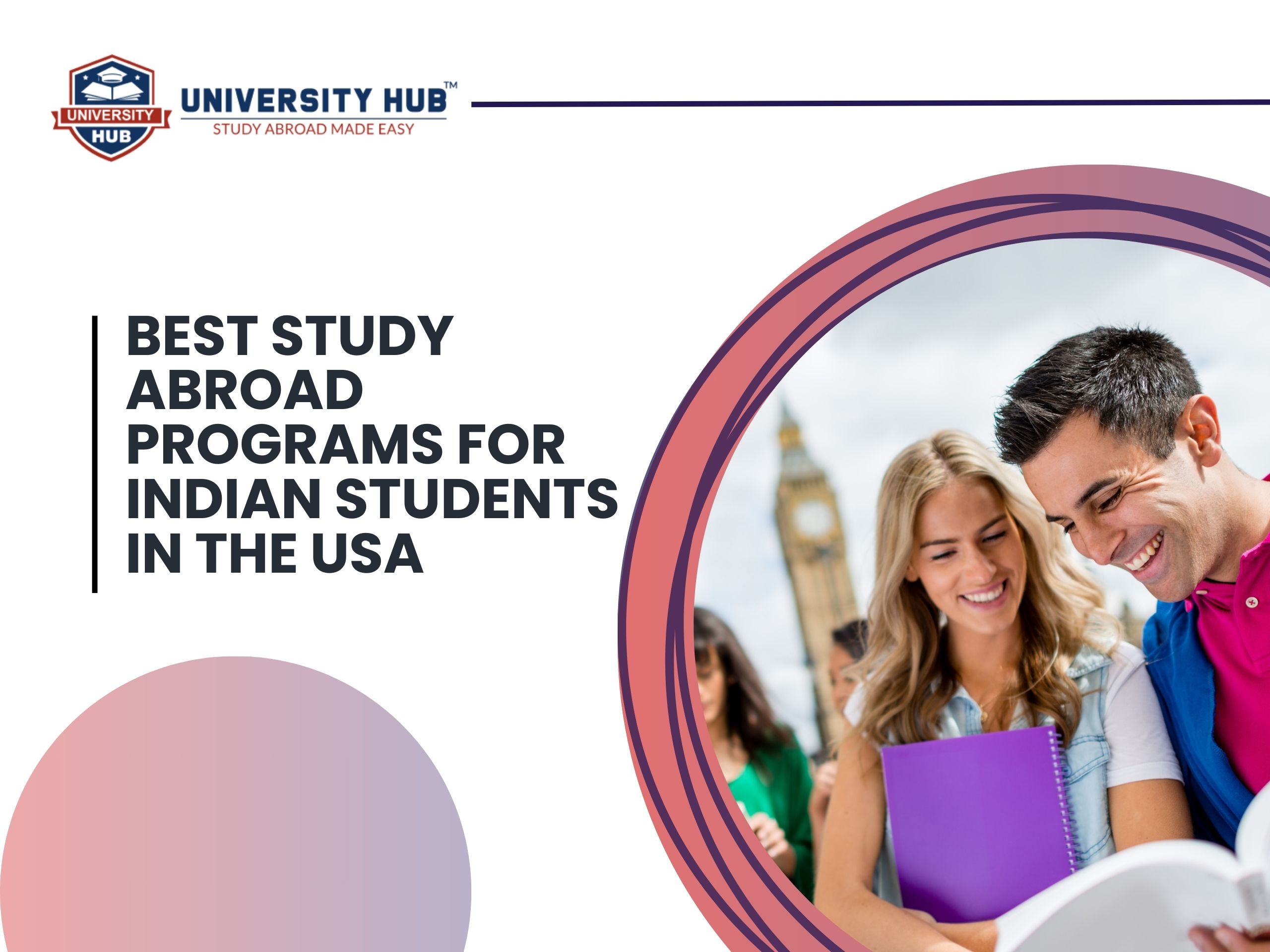If you’ve considered going for a Master’s degree, then the next step would be doing some personal research to find out the options available to you according to your preferences.
When it comes to postgraduate studies, Masters consist of either taught programs or research programs. Both these types of Masters offer you a similar destination – a research-oriented further education, but differ slightly in their journeys.
Taught Vs Research Masters – Which should you pick?
The challenging part of deciding on a Masters course is sifting through various specializations to decide on a subject. There are ‘n’ number of doubts flitting through your mind at this point besides just wondering whether to go for taught Masters or research Masters.
Would a taught course be better suited to your preferences? Or would you prefer opting for a more research-oriented program?
Is a taught Masters different from undergraduate studies? Which Masters will better prepare you for a PhD? And is a research Masters worth it?
Queries like these are necessary to help you get a better grasp of what aspirations you should keep from your Masters studies.
This article will guide you in understanding the similarities, differences, benefits, and considerations to bear in mind regarding taught and research Masters degrees. Although, it’s best to remember that neither course is better than the other and each Masters offers its student a varied learning experience.
What is a Taught Master’s degree?
A taught Masters is somewhat similar to your undergraduate studies, with there being lectures, assignments, student-conducted seminars, and an end-of-the-year exam. The only difference being the research aspect of Masters reflected in a dissertation the student will have to prepare as part of the final exam.
A few universities offer a Research Methods course alongside the taught course to prepare students for the probability of applying for a PhD program or further specialization after the taught Masters.
You’ll have to check with the specific universities you’re applying to in case the Research Methods course offered is a necessary one. It would mean additional workload if you’re not looking for such commitments.
One common query of note concerning taught Masters is the possibility of doing a PhD after taught Masters. The requirement for a degree in PhD is having a Master’s degree which means it’s possible for students to apply for a PhD course after taught Masters.
However, the intention of doing a PhD is further research into a subject/specialization which implies that having done a research Masters is more suitable to easing into PhD studies. Applying for a MRes course is recommended since it allows a student to go in-depth and learn the essential research methods for further research-driven education.
Taught Masters include various MA and MSc programs, diplomas, and PG certificates.

What is a Research Master’s degree?
The responsibility of completing a research Masters falls on your shoulders, being a completely independent course to undertake. It isn’t like your regular subject-wise studies but more like a focused and extended study on a single subject or specialization.
You’ll have an appointed mentor or supervisor to guide you through the study and help you if you feel stuck at any point. As for exams, the evaluation aspect is done through marked essays or dissertations on a regular basis without the need for a final exam.
However, the research Masters culminates in an extended essay/thesis in your field of study to be eligible for the passing certificate.
Research Masters is a good fit for individuals with a mind for following and studying something specific with loads of original ideas to fuel the learning. The aspects of self-motivation, deep research, and time management ensure students get to experience a taste of PhD studies and further ventures in the arena of academia.
Research Masters include various specializations in MPhil and MRes (Masters in Research).
Analyzing the differences between Taught and Research Masters
There are a few distinct differences that highlight the key features of postgraduate research vs postgraduate taught. It’s necessary to understand exactly what the Masters course will offer you so you can have a wholesome and holistic learning experience.
If you ask anyone who has undertaken their Masters, you’ll probably find that the level of independence concerning each study is the main difference between postgraduate taught and postgraduate research. Let’s dive into the comparison without further ado.
- First and foremost, research Masters focuses more on personal/individual research capacity and the ability to convert it into a theme-focused dissertation. On the other hand, taught Masters is more socially-oriented with constant support and work hours with peers and mentors.
- The study format of taught Masters is not much different from undergraduate studies, with multiple subjects to study in the given time period. Contrastingly, a research Masters is subject-specific with in-depth research and learning in a single subject/specialization.
- Taught Masters will have regular seminars, classes, lectures, lab sessions, and workshops to attend to and assignments to complete. Contrastingly, research Masters is a singular study, with limited taught classes, instead becoming Q&A sessions between the appointed supervisor and student.
- Taught Masters will have a set number of terms to complete, with each term having modules that are majorly essential and partially optional. Research Masters has no timetable as such and you’ll find yourself working on limited yet extended research projects through personal efforts and research.
- In a taught Masters, there is a separate professor for each class for every subject. In a research Masters, you’ll be appointed an experienced and specialized coach to help you navigate the undertaken task.
- When it comes to the application process, there is a distinct difference between taught and research Masters. Admission for a taught Masters is straightforward, requiring relevant interest in the subject from your side and maybe a bit of work experience. As for research Masters, the student is required to draft a research proposal that shows their knowledge regarding the subject and prove why they’re a good fit to perform research on the same.
Is a Taught Masters the right choice?
The good thing about a taught Masters is its structure and content that doesn’t differ as much from undergraduate studies. You have the freedom to choose from and study various subjects instead of focusing on research in a single specialization.
The variety in studies allows you to narrow down your career path and aim towards it with a developed skill set for other ventures. Employment criteria are also easily met since the requirements are something you’re familiar with. Not to mention that once you get the hang of the program content, you’ll find it preferable to extend your learning on the subjects.
Pros
- The similarity with undergraduate studies is considered a plus by many students seeking further education options.
- The students will have optimal support from different mentors and professors for each subject along with plenty of communication and meaningful interactions with fellow classmates.
- Subject variety is another added incentive of taught Masters.
- Employment prospects are many with ease in applying and better chances of landing a job.
Cons
- The subject you desire to learn comes attached as a bundle with other subjects you might not have interest to pursue in the future.
- The study schedule is also similar to undergraduate studies, with less flexibility and time for other commitments.
- The cost of studying a taught Masters is comparatively higher than its research counterpart.

Is a Research Masters the right choice?
A Masters in research is a stepping stone to gain experience for studies that are research-centric like PhD. Students with the passion to follow a career in research and have graduated from a MRes or MSc course see studies at the doctorate level as the next step in their academic journey.
Research Masters is a lonesome but comprehensively satisfying course to choose, allowing you the freedom to research your subject of interest in depth. There is more flexibility in the study schedule and enough time to carry out as much personal research as you require.
Pros
- A research Masters is essential in familiarizing students with the academic expectations of a research-driven career like PhD.
- Students have the utmost liberty to study their subject of interest and broaden their field of knowledge.
Cons
- Studying research Masters can get quite lonesome if you’re not suited for individual studies.
- There are no multiple options like in taught Masters if that’s what you’re seeking from research Masters.
- The skills you gain at the end of the Masters is singular and specialized since it’s a study of a single subject and not vast as in taught Masters.
Final Thoughts
A Master’s degree, be it taught or research, essentially gears students for a lengthy and knowledgeable education, opening doors to learning beyond books. You can choose to further your skills in your field of choice or explore more courses in depth at your convenience.
It’s necessary to differentiate between postgraduate research and taught Masters so you can make informative decisions regarding further education. Don’t keep all your queries to yourself or try solving the dilemma without consulting your peers.
Take your time in listing all aspects of your studies and mincing heads with your mentors to figure out the ideal course of action. If you still find yourself lacking in educational resources to refer to, University HUB offers all that you need to chart your options and pick the best among them.
Whether it is informational articles, detailed guides, institution-wise admission details or general data on career paths, University HUB provides a convenient solution to all your educational queries.




